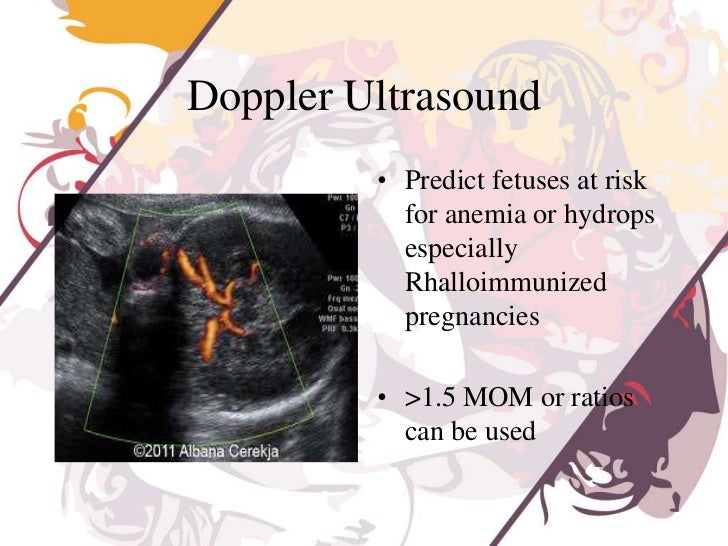
Routine assessment of presentation by abdominal palpation should not be offered before 36 weeks because it is not always accurate and may be uncomfortable. Routine screening for preterm labour should not be offered.įetal presentation should be assessed by abdominal palpation at 36 weeks or later, when presentation is likely to influence the plans for the birth. Routine antenatal serological screening for toxoplasmosis should not be offered because the risks of screening may outweigh the potential benefits.Īlthough there is a great deal of material published on alternative screening methods for pre-eclampsia, none of these has satisfactory sensitivity and specificity, and therefore they are not recommended. Pregnant women should not be offered routine antenatal screening for group B streptococcus because evidence of its clinical and cost effectiveness remains uncertain. Pregnant women should not be offered routine screening for hepatitis C virus because there is insufficient evidence to support its clinical and cost effectiveness. The available evidence does not support routine cytomegalovirus screening in pregnant women and it should not be offered. Pregnant women should not be offered routine screening for bacterial vaginosis because the evidence suggests that the identification and treatment of asymptomatic bacterial vaginosis does not lower the risk of preterm birth and other adverse reproductive outcomes.Ĭhlamydia screening should not be offered as part of routine antenatal care. The presence of an isolated soft marker, with the exception of increased nuchal fold, on the routine anomaly scan, should not be used to adjust the a priori risk for Down's syndrome. The routine anomaly scan (at 18 weeks 0 days to 20 weeks 6 days) should not be routinely used for Down's syndrome screening using soft markers. When routine ultrasound screening is performed to detect neural tube defects, alpha-fetoprotein testing is not required. Routine screening for cardiac anomalies using nuchal translucency is not recommended. Routine antenatal pelvic examination does not accurately assess gestational age, nor does it accurately predict preterm birth or cephalopelvic disproportion. Routine breast examination during antenatal care is not recommended for the promotion of postnatal breastfeeding. The effectiveness and safety of oral treatments for vaginal candidiasis in pregnancy are uncertain and these treatments should not be offered. It does not benefit the mother's or the baby's health and may have unpleasant maternal side effects. Iron supplementation should not be offered routinely to all pregnant women. Paragraph number: 1.10.3 Page number: 32 View all NICE do not do from this Guidance Interventions: Routine Doppler ultrasound Source guidance details Guidance: Antenatal care for uncomplicated pregnancies (CG62) Published date:

Our online platform, Wiley Online Library () is one of the world’s most extensive multidisciplinary collections of online resources, covering life, health, social and physical sciences, and humanities.Routine Doppler ultrasound should not be used in low-risk pregnancies.ĭo Not Do Recommendation Details Recommendation: With a growing open access offering, Wiley is committed to the widest possible dissemination of and access to the content we publish and supports all sustainable models of access. Wiley has partnerships with many of the world’s leading societies and publishes over 1,500 peer-reviewed journals and 1,500+ new books annually in print and online, as well as databases, major reference works and laboratory protocols in STMS subjects. Wiley has published the works of more than 450 Nobel laureates in all categories: Literature, Economics, Physiology or Medicine, Physics, Chemistry, and Peace.

has been a valued source of information and understanding for more than 200 years, helping people around the world meet their needs and fulfill their aspirations.
#Doppler ultrasound pregnancy professional
Our core businesses produce scientific, technical, medical, and scholarly journals, reference works, books, database services, and advertising professional books, subscription products, certification and training services and online applications and education content and services including integrated online teaching and learning resources for undergraduate and graduate students and lifelong learners. Wiley is a global provider of content and content-enabled workflow solutions in areas of scientific, technical, medical, and scholarly research professional development and education.


 0 kommentar(er)
0 kommentar(er)
